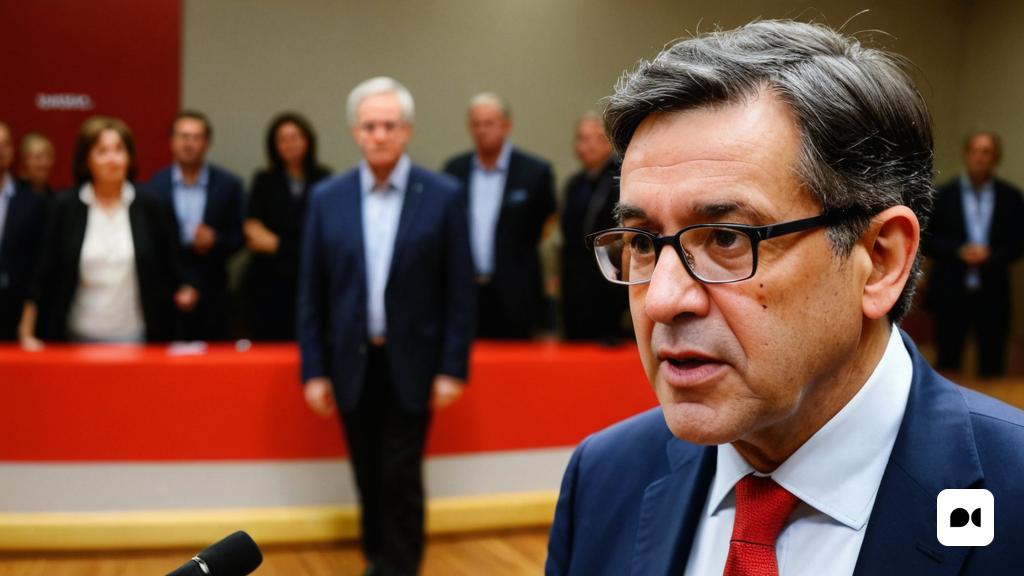Discontent in ERC: An unexpected turn
In an unexpected turn of events, members of Esquerra Republicana de Catalunya (ERC) have decided to reject the possibility of supporting Salvador Illa as the new president. This move, although tight, reflects the militants’ weariness in the face of repeated grievances and a feeling of being underestimated in political negotiations.
Immediate reactions of an agitated system
The decision has quickly resonated within the ranks of the PSOE, generating an alarming response. Traditional media have begun to criticise ERC’s stance, accusing them of a lack of responsibility at a crucial moment for the future of Catalonia.
A rethinking of independence pride
This change of position opens a new scenario for the Catalan independence movement, which could recover some of the pride that had begun to fade. With the possibility of former president Puigdemont returning and potentially assuming office again, the atmosphere is charged with new opportunities for the pro-independence forces.
The ERC crossroads: between ‘yes’ and ‘no’
The debates surrounding this decision have highlighted the dilemma in which ERC finds itself trapped. Some analysts have suggested that the option of supporting the Socialists could have been a strategic move, while rejecting them could be seen as a riskier but genuine alternative.
Critical voices within the independence movement
The internal response to Illa’s ‘yes’ has been varied. Many within the independence movement, including those who advocate dialogue, have described the decision as a palpable mistake. There is a perception that this ‘yes’ comes more from desperation than from a cold and calculated analysis of the current political situation.
The implications of the pact on the Generalitat
The ERC pact with Salvador Illa implies a significant transfer of power that has been controversial. Prominent observers, such as Marta Rovira, have pointed to the lack of response from the Republican Party to this situation, indicating that most of the key delegations in the Catalan government would remain under socialist control, raising concerns about how this will affect the independence agenda.
Trust or naivety?
The trust placed in Illa appears to be considerable. Some believe that this alliance could result in long-term benefits, while others question the wisdom of such an approach. Blind faith in dialogue and mediation may lead ERC down a path full of unexpected challenges.
Future prospects: what’s to come?
The immediate future of Catalan independence could be at a critical point. As negotiations develop and dialogue begins, the question that remains is whether this new strategy will succeed or simply perpetuate the mediocrity of the old policies.
Final thoughts
What is clear, however, is that the path to meaningful change requires honest assessment and a strong sense of direction. The decisions of the present will not only shape the current political situation, but will also set the precedent for the future of the independence movement in Catalonia.

